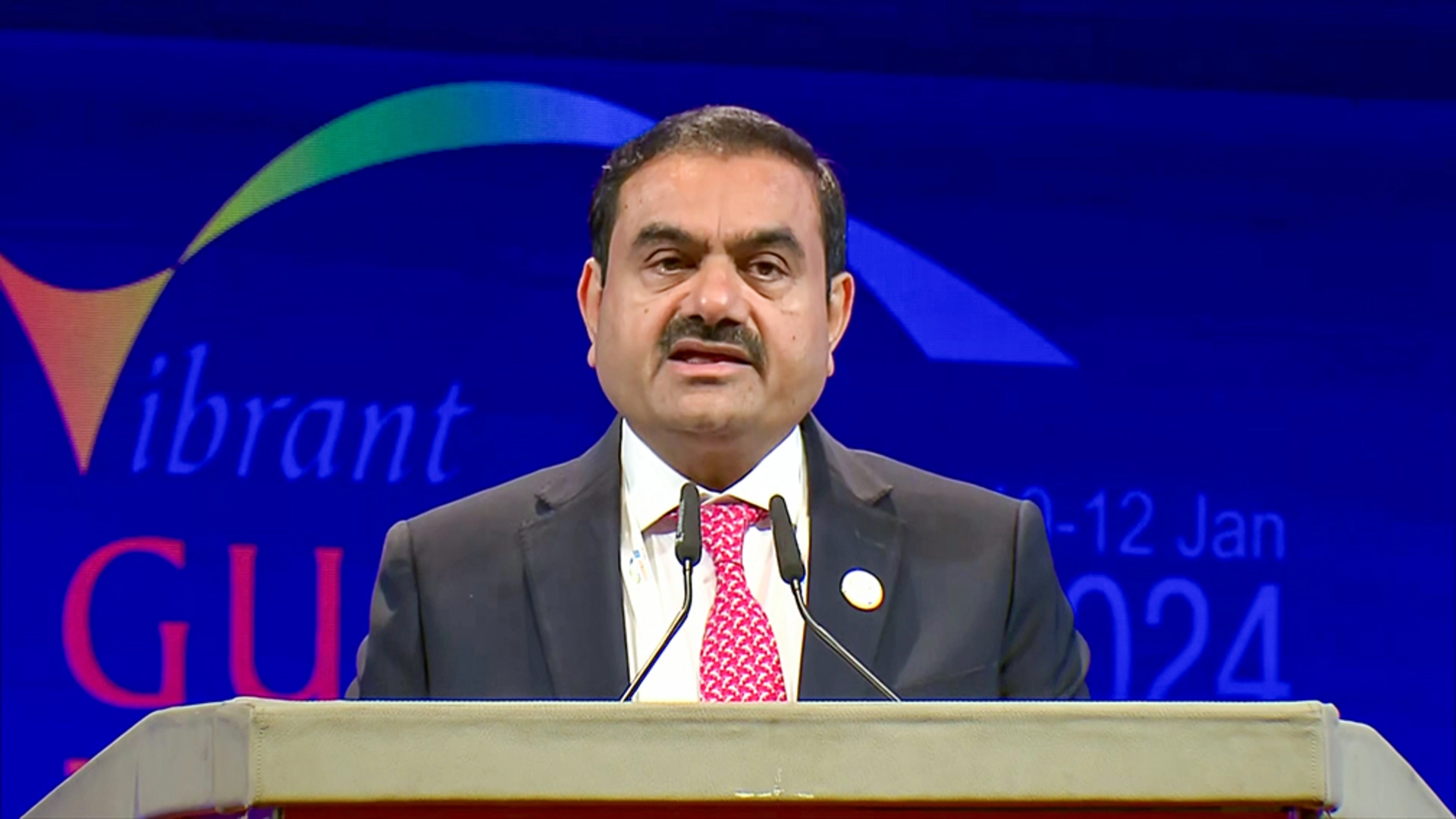Addressing the power shortage in parts of Jammu and Kashmir during peak winter, the Government of India has allocated an additional 293 MW of power to the region. This move comes as a significant relief for power consumers grappling with the increasing demand during the winter season.
In an effort to bridge the gap in power supply, the Government of India transferred power from distant powerhouses located in West Bengal, Bihar, and Bhutan. The allocation aims to meet the rising demand and alleviate the challenges posed by the winter season.
The spokesperson for the Jammu & Kashmir Power Development Department (JKPDD) highlighted the role of modern tools and software in the digital era, enabling automated power transfer and management. This process is executed seamlessly, depending on factors such as demand, availability, and network feasibility without human intervention.
Given Jammu & and Kashmir’s primary dependence on hydroelectric power, the spokesman explained that the region experiences a significant reduction in power generation during winters due to lower water levels in rivers. Consequently, around 85% of the power supply during winter is sourced from thermal plants to compensate for the deficit.
The spokesman reiterated the region’s commitment to ensuring sustainable and firm power availability throughout the year. Notably, during the current financial year, the UT has entered into historic Power Purchase Agreements (PPAs), including 1600 MW of Solar power, 900 MW from Hydro, and an additional 500 MW from thermal plants. These initiatives align with the decision of the UT Administrative Council under the Shakti policy, aiming for resource adequacy and an optimal mix of Hydro, Thermal, and Solar generation. Efforts are also underway to harness wind power to maximize the utilization of renewable energy.
Addressing concerns raised in a recent local news article highlighting interruptions in J&K, the spokesperson attributed the issue to the non-disclosure of actual electric load by consumers. Smart metering implementation is underway to ensure uninterrupted power supply in areas with smart meters, with sustained power supply hours in areas without them. The department has enforced a curtailment schedule, diligently published to prevent inconvenience to the public.
Contrary to claims in the news article, the spokesman clarified that electricity remains the primary and preferred source for heating. People use crude nichrome wires or non-thermostat-fitted heaters operational throughout the day. Urging the discontinuation of obsolete and environmentally unfriendly electric heating systems, the spokesman highlighted the recovery of banned crude heaters by enforcement squads during recent inspection drives.
In addition to maintaining a reliable power supply, the Power Development Department (PDD) is actively involved in eradicating instances of illegal hooking. Over the last seven days, KPDCL inspection teams conducted 7585 inspections in different districts of the Kashmir region, imposing fines totalling Rs. 68 Lakhs on defaulters.













